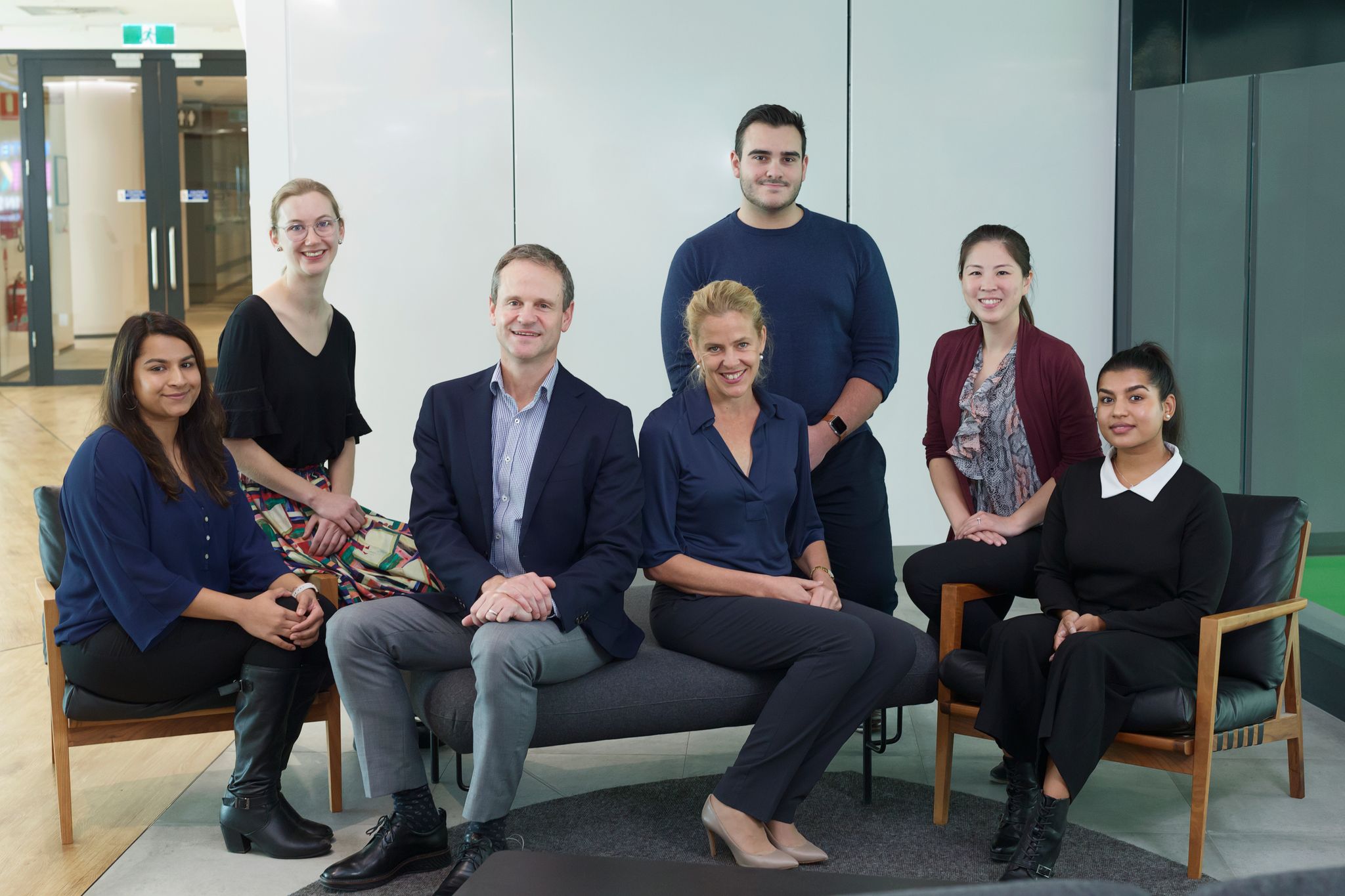Search
Showing results for "A"

News & Events
The Kids Ear Health researcher named finalist in Australia’s top science prizesPaediatric audiologist Associate Professor Chris Brennan-Jones has been announced as a finalist for the country’s leading national science awards – the Australian Museum Eureka Prizes.

News & Events
Ideas Grants to support innovative researchTwo research teams, led by The Kids Research Institute Australia, have been awarded more than $2 million to fund innovative projects.

Inviting expressions of interest for the INSPIRE Consumer Reference Group (CRG) of WA – a combined group for the BREATH and Aboriginal Children’s Excellent (ACE) Lung Health studies.
Research
Feasibility of unsedated lung MRI in young children with cystic fibrosisKathryn Ramsey BSc (Hons), PhD Co-Head, Children's Lung Health kathryn.ramsey@thekids.org.au Co-Head, Children's Lung Health Associate Professor
Research
Role of COL5A1 in lung squamous cell Carcinoma: Prognostic Implications and therapeutic potentialLung squamous cell carcinoma (LUSC) is a significant health concern, characterized by a lack of specific therapies and limited treatment options for patients in advanced stages. This study aims to identify key molecules of prognostic importance in LUSC and provide an experimental foundation for their potential therapeutic applications.
Research
Clinical acceptability of the sense_assess© kids: Children and youth perspectivesThis study has demonstrated the acceptability of sense_assess© kids for the population for whom it is intended
Research
Measuring the capacity of active video games for social interaction: The Social Interaction Potential Assessment toolThe Social Interaction Potential Assessment tool can assess Active Video Games potential to facilitate social interaction among players
Research
Cord Blood IL-12 Confers Protection to Clinical Malaria in Early Childhood LifeCord blood background IL-12 concentrations are important for protecting children from clinical malaria
Research
Calculation of the age of the first infection for skin sores and scabies in five remote communities in northern AustraliaPrevalence of skin sores and scabies in remote Australian Aboriginal communities remains unacceptably high, with Group A Streptococcus (GAS) the dominant pathogen. We aim to better understand the drivers of GAS transmission using mathematical models.
Research
High burden of infectious disease and antibiotic use in early life in Australian Aboriginal communitiesEarly life infections drive high antibiotic prescribing rates in remote Aboriginal communities
